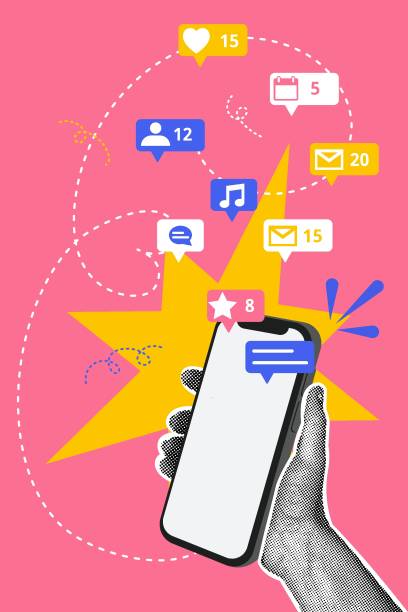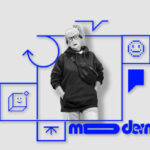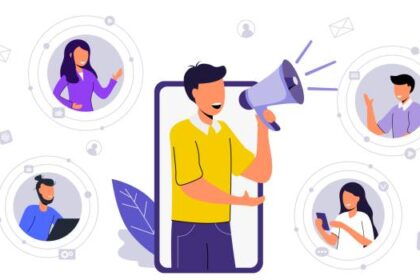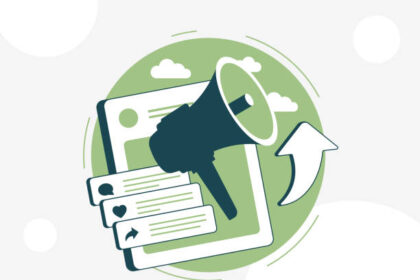The Evolution of Facebook
Imagine if there was never a world with Facebook. No likes, no status messages, no viral memes. Only emails and phone calls to keep in touch. It’s hard to fathom, but less than 20 years ago, that world was the reality we lived. Something that started as an idea in a Harvard dorm room has become a powerful driver of politics, business, culture — even how we feel. But how did this transformation really happen? And what does Facebook’s evolution teach us about the future of our digital lives?
I’d like to take you behind the scenes and find out what led to the metamorphosis of Facebook—from a campus directory to a powerhouse of tech.
🎓 Lessons from the Ground Up at Harvard

In February 2004, a 19-year-old computer whiz named Mark Zuckerberg launched TheFacebook. com — a closed social network for Harvard students. His goal? To develop a Virtual “face book” that will enable the students to share the academic information online using their actual identity.
More than 1,200 students signed up in the first 24 hours.
Fun fact: Zuckerberg’s first project was “Facemash,” a controversial website that compared students’ pictures for attractiveness. And though it was promptly shut down, the virality of the idea lingered.
This early traction showed one thing : people are hungry for connection — particularly when exclusive, authentic and instant.
📈 From Ivy League to Internet Sensation
And what happened next was revolutionary.
Word of mouth turned into Facebook’s fuel as it spread to other Ivy League schools, then U.S. universities, and eventually—the whole world. By 2006, it was available to anyone over 13 with a validated email.
- In 2008, Facebook became the most visited global social networking site, surpassing MySpace.
- Why did Facebook win? It’s because of two psychological drivers, experts say:
- The fear of social validation (likes, comments, friend requests)
- Digital identity (profiles that represented your real you)
Facebook “gamified” our “deepest need for social belonging,” says behavioral psychologist Dr. Susan Weinschenk.
💡 Barking New Ideas Rumbling Through Time
Facebook did not only stop at a digital yearbook. Each year brought groundbreaking updates:
2007: Launch of the Facebook Platform — opening the floodgates to third-party apps (howdy, FarmVille!)
But Facebook was finally just a squeak away from the gold mine: 2009 THE “LIKE” BUTTON, a deceptively simple innovation that changed the way we want to engage with one another digitally.
2012: Purchase of Instagram for $1 billion — then a bold and shocking move.
Each move was a tactical breach of new markets, new behaviors and new devices for Facebook.
Case Study: Critics scoffed when Facebook bought WhatsApp for $19 billion in 2014. Today it has more than 2 billion active users, a pillar of Facebook’s mobile strategy.
🌍 A Power on the World Stage with Tangible Effect
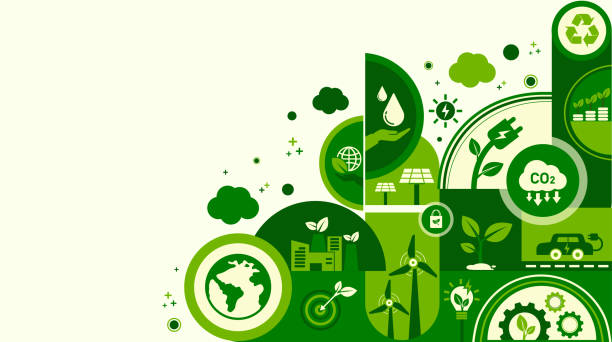
Facebook (now part of Meta Platforms Inc.) is no longer just a social network; it’s an ecosystem. It owns four of the six most used platforms in the world: Facebook, Instagram, Messenger and WhatsApp.
Its reach goes well beyond selfies and cat videos:
- Political campaigns exploit it to influence opinions.
- It has become indispensable for laser-targeted advertising.
- And families use it to stay in touch across continents.
But with great power comes even greater scrutiny.” Important ethical questions have arisen, including those regarding data privacy, misinformation, and algorithmic manipulation.
But Facebook’s willingness to adjust — shifting to video, adding Reels, pouring resources into the metaverse — demonstrates that it is eager to remain relevant.
🧠 The Neuroscience of Facebook’s Addictive Force
Why is it so hard to log off?
That comes from understanding that Facebook activates the brain’s dopamine system; the same system that gets activated by rewards, food — and, yes, even gambling, according to neuroscientists. Each notification, like or comment induces a hit of feel-good chemicals, and keeps users returning.
Nir Eyal, the behavioral economist author of Hooked,writes:
Facebook has mastered the habit-forming loop: trigger, action, reward, investment, and…
That isn’t a coincidence—it’s deliberate.
🌟 Lessons from the Facebook Odyssey
The rise of Facebook isn’t merely a tech parable. It’s a guide to growing, innovating and reinvention.
- Here are three major takeaways
- Meet a basic human need — whether that’s connection, identity, or belonging.
- Constantly evolve—stay ahead of user behavior
- Think outside the campus—Zuckerberg’s vision expanded from a campus tool to connecting the entire world.
It applies whether you’re building a brand, launching a startup, or simply trying to stand out online.
🔮 The future! Meta, AI, and the Metaverse
With the 2021 rebrand to Meta, Zuckerberg signaled a gutsy pivot: moving beyond the 2D newsfeed toward a 3D virtual world that would weave work and play and life together seamlessly.
Facebook is now pouring billions into:
- AI-powered content delivery
- Augmented and virtual reality
- Digital commerce and creator tools
- Critics are skeptical. But keep in mind: people laughed at Facebook in 2004 as well.
✅ Conclusion: The Digital Behemoth That Changed The Game
From dorm room experiment to global juggernaut, Facebook’s tale is one of audacity, genius and turning on a dime. It’s a story of how a single platform changed the way billions of us live, love and communicate.
And it’s far from over.
📣 Your Turn: Get a Taste of Evolution
And, whether you’re a content creator, business owner, or tech enthusiast—Facebook’s story is your playbook. Learn from its strategies. Watch its pivots. And finally, don’t be afraid to think big, but start small.
💥 Want to know how Facebook and others grew its digital presence? All three begin with an understanding of your audience, solving real problems, and showing up, consistently.
Ready to evolve your brand? Start now. The dorm room idea that you may have will soon be a global giant.

